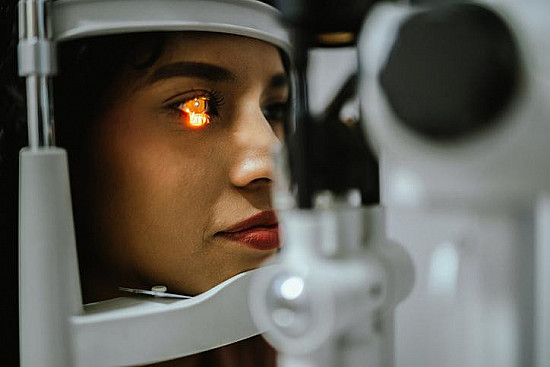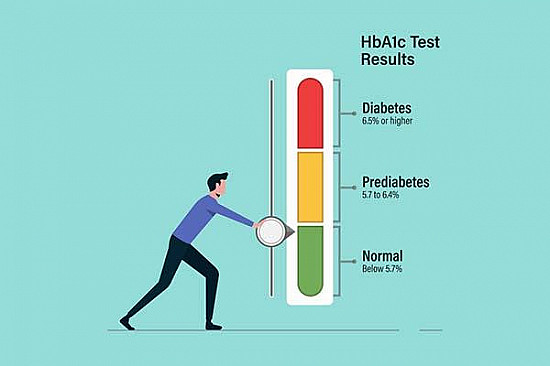Older men continue to have excessive PSA testing
In the journals
- Reviewed by Howard E. LeWine, MD, Chief Medical Editor, Harvard Health Publishing; Editorial Advisory Board Member, Harvard Health Publishing

The U.S. Preventive Services Task Force (USPSTF) recommends against routine prostate-specific antigen (PSA) testing in men ages 70 and older. Even so, men in this age group still have too many PSA tests, according to two recent studies.
In the first study, published in April 2023 in Urology, researchers identified 3 million men who had regular PSA tests between 2003 and 2019. Men ages 70 and older were more likely than younger men to have high-frequency PSA testing, defined as having tests more than once every nine months.
The results also showed that the older men with high-frequency testing were significantly more likely to have prostate biopsies and receive prostate cancer diagnoses compared to older men screened less frequently. However, there was no difference in rates of immediate cancer treatment. According to the researchers, this was an indication that having prostate biopsies, even ones that showed cancer, did not lead to significant differences in recommendations.
The second study, published online April 11, 2023, by JAMA Network Open, surveyed more than 32,000 men ages 70 and older. Among this group, 55.3% of men ages 70 to 74 had recent PSA screenings. The rate dropped with age, to 52.1% for those ages 75 to 79, and to 39.4% in those 80 and older. Still, the survey found that many men who would not benefit from routine PSA testing were still receiving screening at ages greater than those recommended by the USPSTF. The results also suggested that older men tend to perceive PSA screening as having more advantages than disadvantages. No matter what a man's age, his decision to continue PSA testing should be based on a balanced discussion with his doctor.
Image: © jarun011/Getty Images
About the Author

Matthew Solan, Former Executive Editor, Harvard Men's Health Watch
About the Reviewer

Howard E. LeWine, MD, Chief Medical Editor, Harvard Health Publishing; Editorial Advisory Board Member, Harvard Health Publishing
Disclaimer:
As a service to our readers, Harvard Health Publishing provides access to our library of archived content. Please note the date of last review or update on all articles.
No content on this site, regardless of date, should ever be used as a substitute for direct medical advice from your doctor or other qualified clinician.
















